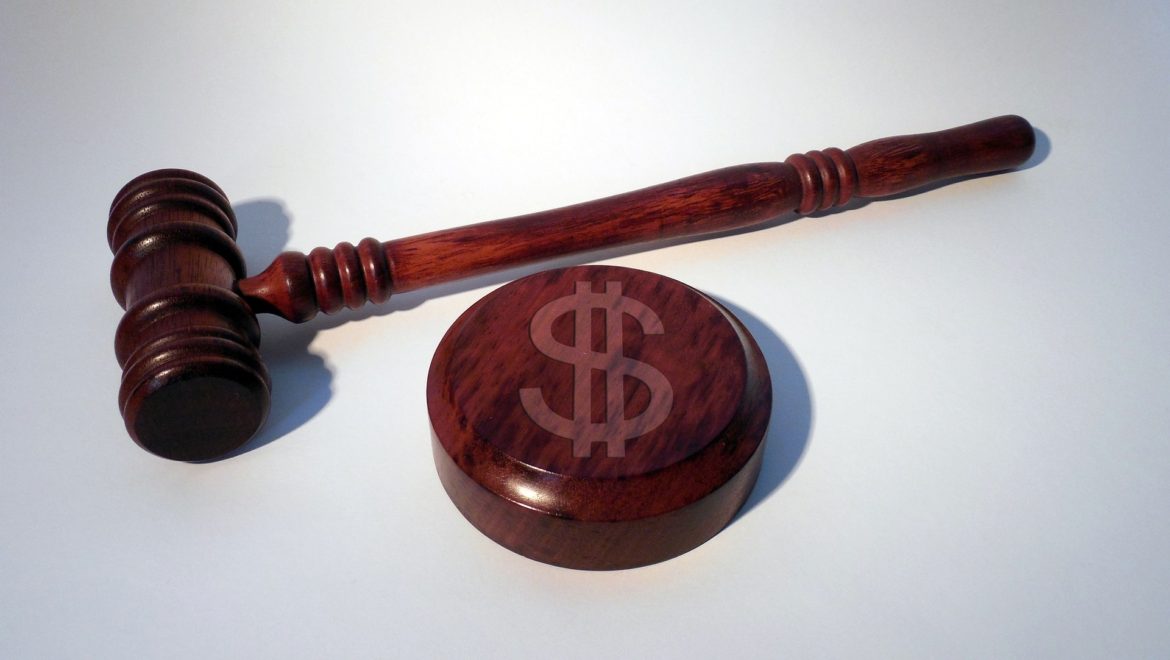The attorneys at Leiden & Leiden have noticed an increase in “pro se” bankruptcy filers in the Augusta Division of the Southern District of Georgia over the last year. Filing a case “pro se” means that the debtor is doing it without the assistance of an attorney. The Bankruptcy Code does not require that a debtor be represented by an attorney. However, there are many risks to a debtor who tries to save money and file a Chapter 13 bankruptcy case on their own, including the high likelihood of dismissal, and potential loss of assets.
Most of the time that a pro se Chapter 13 case is filed, it is used to prevent a foreclosure, eviction or repossession. When the case is filed, the debtor is protected from their creditors, and any attempts by those creditors to recover property. However, the debtor must be able to propose a feasible repayment plan that will allow them to protect their home, apartment or vehicle. The debtor must also be able to overcome the inevitable creditor objections as creditors seek to have the case dismissed so they can recover their collateral. What are the most common mistakes for a pro se Chapter 13 debtor in the Augusta area? Here’s the list:
- Not filing a valid credit counseling certificate. The Bankruptcy Code requires that a debtor must have completed credit counseling with an approved agency within 180 days prior to the filing of the bankruptcy case. In the Southern District of Georgia, the certificate has to be dated at least one day prior to the date that the bankruptcy case is filed. You cannot file a bankruptcy on the same day that you have completed credit counseling. Failure to file a valid credit counseling certificate will result in the dismissal of the case, usually within 30 days of the filing date.
- Failure to pay the Chapter 13 filing fee. Unless waived by the court, the fee to file a Chapter 13 case is $313. In most instances, that fee is paid at the time that the case is filed. However, a debtor is permitted to apply for permission to pay the filing fee in installments after the case is filed. Unfortunately, many pro se debtors fail to request permission to pay the fees in installments, or even if they obtain permission, fail to make the payments according to the court schedule.
- Filing incomplete or inaccurate schedules. Many pro se Chapter 13 debtors only identify the creditors from whom they need protection, instead of all the creditors that potentially have claims against them. They also fail to accurately disclose their assets, income and expenses. Again, these deficiencies can lead to the dismissal of the case.
- Failure to file proof of income. If the debtor is employed, they have to provide proof of their earnings for the 60 days prior to filing. If they have a source of income other than wage income, that has to be identified as well. Many pro se debtors overlook this requirement when they file their cases.
- Not filing a Chapter 13 plan. It is not enough to file a Chapter 13 petition to stop creditor collection efforts. The debtor must file a plan on the approved form for the Southern District of Georgia, indicating how they will address their debts over the life of their Chapter 13 plan. Failure to file a plan can result in the dismissal of the case. Even if a plan is filed, it is almost always in conflict with the Bankruptcy Code and does not match up with the other documents filed in the bankruptcy case.
- Trying to negotiate directly with their creditors. Most creditors in a Chapter 13 case will be represented by an attorney, who is usually very familiar with bankruptcy law. If the creditors are not represented by an attorney, they usually have a non – attorney bankruptcy specialist who monitors the case. Either way, the pro se Chapter 13 debtor will be at a distinct disadvantage as creditors are not obligated to look out for and protect the debtor’s best interest.
- Failure to attend court hearings. Many pro se debtors fail to attend their schedule court hearings, or if they do attend, fail to provide the necessary documents to the Chapter 13 trustee in advance of the hearing. Failure to attend scheduled court hearings, or to provide the necessary documents will eventually result in the dismissal of the case.
In our experience at Leiden & Leiden, over half of the pro se Chapter 13 cases that are filed in the Southern District of Georgia are dismissed before the first court hearing. Even the cases that make it past the first hearing usually are unable to get a Chapter 13 plan approved. Even worse, most of the cases are dismissed with prejudice, meaning that the pro se Chapter 13 debtor cannot refile another case for 180 days. So even if that debtor decides to refile a new case with attorney representation, the assets that they are attempting to protect may be gone by the time the 180 days has expired and they are eligible to file a new case. The bottom line is that if you are considering a Chapter 13 bankruptcy, you should take advantage of the opportunity to meet with an experienced bankruptcy attorney. At Leiden and Leiden, we offer a free consultation for potential bankruptcy clients. If you find yourself facing a foreclosure or repossession, give us a call.


